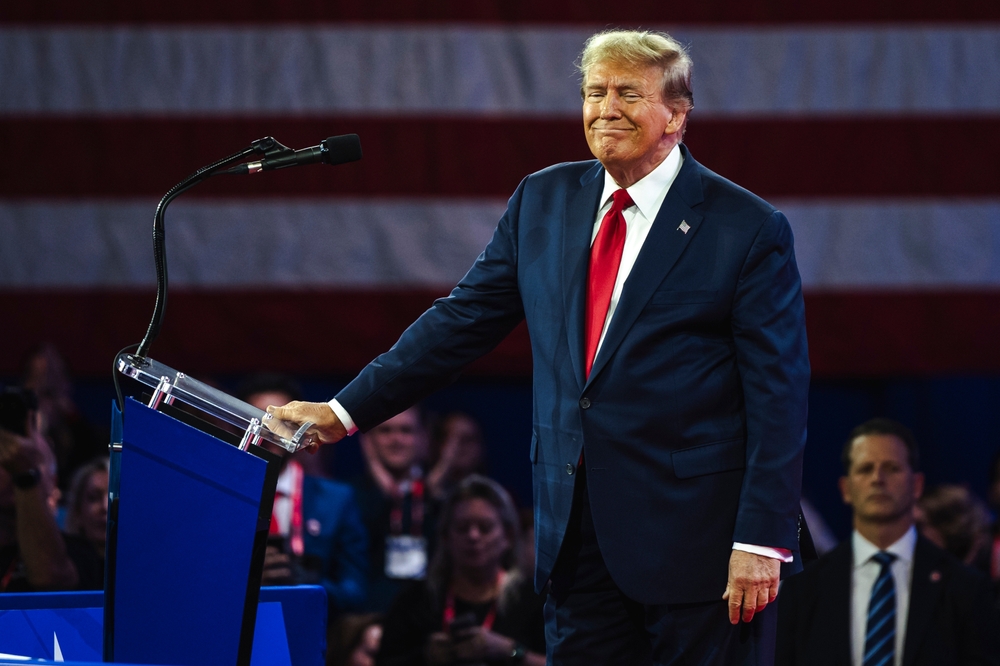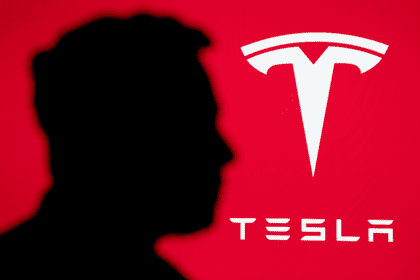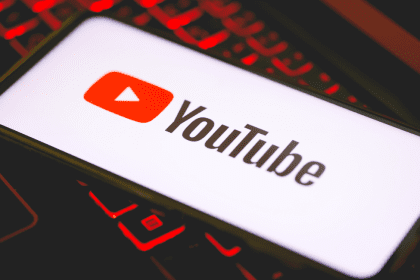President Donald Trump is “open” to Elon Musk buying TikTok. This development comes amid growing concerns about data security and foreign ownership of social media platforms in the United States.
The world leader signed an executive order postponing the US ban of the ByteDance-owned video-sharing platform – which came into effect on January 19 – for 75 days, one day after his inauguration on Tuesday (21.01.25). This extension provides crucial time for negotiations and potential restructuring of TikTok’s ownership.
And he has said he would like to give the Chinese owners a “permit” to continue operating in the US, but only if it is 50 per cent owned by America, stating X (Twitter) and Tesla owner Musk – who is spearheading Trump’s Department of Government Efficiency (DOGE) – would be an ideal buyer. The proposed ownership structure reflects similar arrangements in other international business deals.
Speaking after announcing a $500 billion investment in AI infrastructure project Stargate, Trump said when asked if he would be open to Musk buying TikTok: “I would be, yeah.” The AI infrastructure project represents one of the largest technology investments in US history.
“I met with owners of TikTok, the big owners, it’s worthless if it doesn’t get a permit,” Trump continued. ByteDance’s current market valuation exceeds $200 billion, making it one of the world’s most valuable private companies.
“It’s not like you can take the US. The whole thing is worthless. With a permit it’s worth like a trillion dollars. So, what I’m thinking saying to somebody is buy it and give half to the United States of America and we’ll give you a permit and they’ll have a great partner, the United States.” Market analysts suggest this valuation could be realistic given TikTok’s massive user base and growth potential.
Trump also told press he would like to see Oracle CEO Larry Ellison purchase the 50 per cent. Oracle has previously shown interest in TikTok’s US operations, having been involved in earlier negotiations during the platform’s regulatory challenges.
“I would like Larry to buy it. Let’s negotiate in front of the media, Larry,” he said. Oracle’s cloud infrastructure expertise could provide technical solutions for data security concerns.
TikTok – which has refused to sell up and accused the US government of impinging on citizens’ right to free speech with the ban – is now back up and running for US users for the time being with its future still in doubt. The platform continues to grow, adding approximately 500,000 new users daily in the United States.
However, ByteDance is determined to come to a “long-term solution” with Trump. The company’s commitment to negotiation reflects the importance of the US market to its global strategy.
“We thank President Trump for providing the necessary clarity and assurance to our service providers that they will face no penalties providing TikTok to over 170 million Americans and allowing over 7 million small businesses to thrive,” the company said in their official statement. These numbers represent a significant portion of the US digital economy.
“We will work with President Trump on a long-term solution that keeps TikTok in the United States,” ByteDance added. The outcome of these negotiations could set precedents for future international technology partnerships.
The potential acquisition by Musk or Ellison would represent one of the largest technology deals in history, surpassing previous social media acquisitions. Industry experts note that such a deal could reshape the social media landscape and influence future regulations of foreign-owned technology companies in the United States.
The situation highlights the complex intersection of national security, international business, and social media influence in modern geopolitics. With TikTok’s growing influence on global culture and commerce, the resolution of this ownership dispute could have far-reaching implications for international technology governance.

















